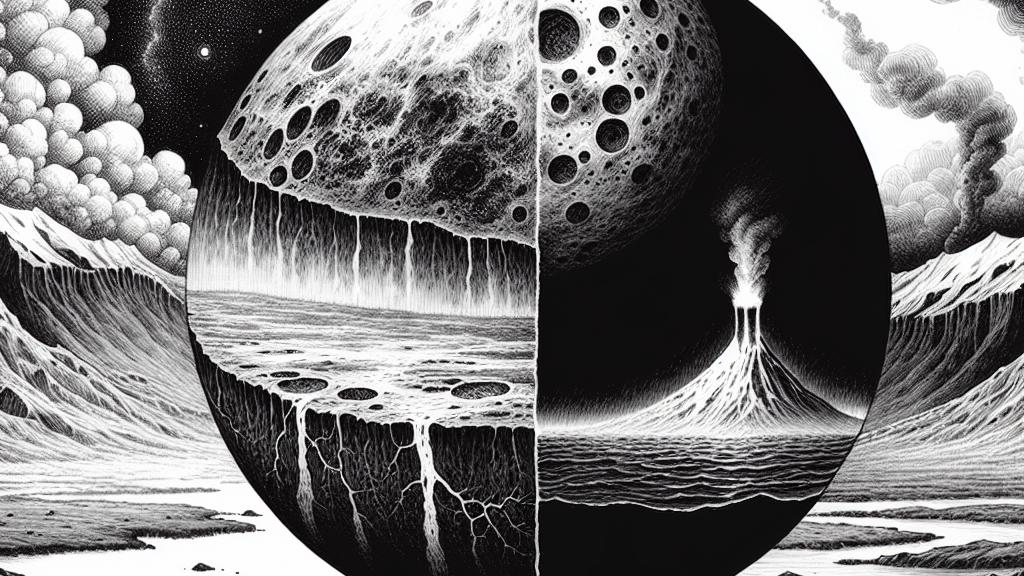Exploring the Ocean History of Venus through Volcanic Activity
Overview
- Research reveals that Venus has possibly never supported liquid water on its surface.
- Extensive volcanic activities indicate a dry, inhospitable landscape throughout history.
- Intriguing evidence suggests that ancient oceans might have briefly existed, posing questions about Venus's past and the potential for life.

The Dry History of Venus
Recent research paints a complex picture of Venus, a planet that has likely been dry for most of its existence—a stark contrast to the rich, blue oceans of Earth. Scientists delve into the atmosphere, which is overwhelmingly composed of carbon dioxide, uncovering hints that support the theory of an arid landscape devoid of liquid water. Just imagine a time when Venus may have had temperate conditions! While popular notions of a vibrant oceanic world stir the imagination, the evidence steadily points to a parched environment. Furthermore, this dry condition creates a fascinating dialogue about how different two seemingly similar planets can be, raising questions about the circumstances that allowed Earth to support life while Venus evolved into a furnace.
Volcanic Clues to the Past
The volcanic history of Venus serves as a window into its turbulent past, where activity shaped everything we see today. Notably, if water ever existed, experts suggest it might have only been in the form of steam due to the planet's extreme temperatures, almost unbearable by earthly standards. The volcanic upheaval approximately 715 million years ago might have been the final blow to any transient water bodies, reshaping the entire landscape. Picture the eerie silence that followed the last eruption, enveloping Venus in a shroud of lava flows—there lies a world transformed! Such geological ferocity leads to profound insights into how Venus operates, stripped of tectonic movements, and uniquely showcasing the planet's dramatic and singular style of evolution.
Life on Early Venus? Unraveling the Possibility
Could Venus have harbored life in its youthful days? The thought is tantalizing! Picture rivers weaving through verdant landscapes, where microorganisms thrived alongside Earth's early life. Some scientists argue that the conditions in the lower atmosphere might still mimic those suitable for life, feature atmospheric layers where pressures and temperatures are somewhat forgiving. But it doesn't stop there! There’s an exhilarating hypothesis that life on Earth and an ancient Venus may have evolved in parallel, or even swapped life forms through asteroid exchanges. What a riveting idea! As we probe deeper into Venus's mysteries, we not only seek to understand its past but also reflect on what it means for life in our universe. Such explorations can enlighten us about the paths of evolution on two planets that began as twins but took drastically different turns over time.

Loading...